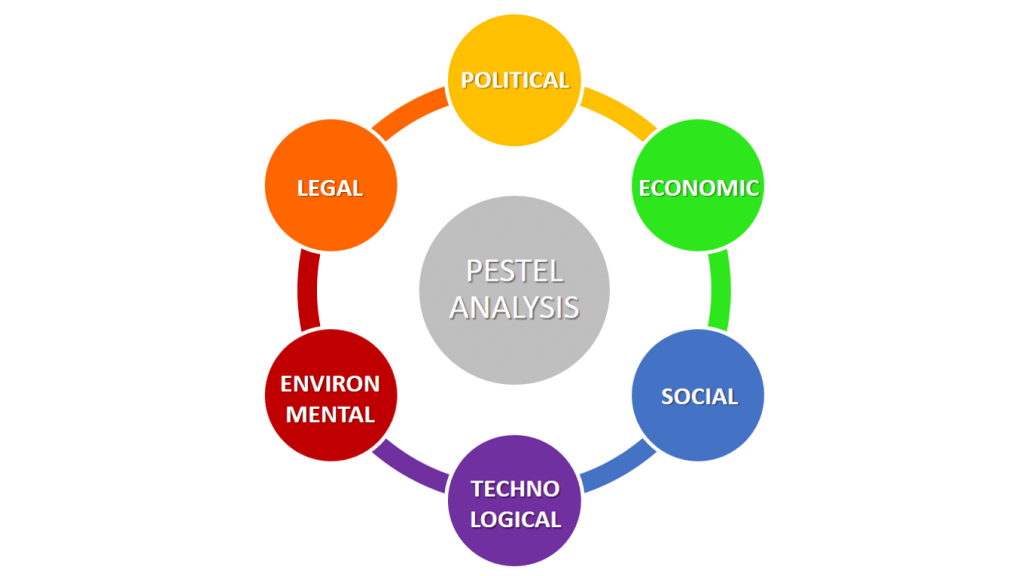As a former Education advisor, if I had to pick one of the most frequently asked questions by prospective students, it would be “How many hours do I need to study?”
The vast majority (if not all) of our students are working and leading hectic professional lives. Some are motivated and have already decided to undertake a master’s, while others contemplate the unknowns of an online programme. In my experience, two things affect their decision the most.
First – finances, and second, being able to strike the perfect work, study, and life balance. While I cannot completely help you with the finances (partially yes – check out the discount offers currently being offered on our online MBA, MSc, and LL.M programmes), I thought what I could do to help was to bring some facts to light about the other unknowns – what does a typical day in the life of an online master’s student look like?
I asked a few of our students from different walks of life, occupations, and personal situations to answer a few questions on their study tactics and strategies, plans and reality, and so on. So, through our ‘#DILO ‘a typical day in the life of a master’s student’ blog series every month, we bring to you one of our actual students or alumni sharing the insights.
Today, we’re looking at David’s typical study days. David, an RKC & University of Cumbria soon-to-be graduate, offered us these answers:
An Introduction
Vidhi Kapoor (VK): Which programme did you choose and why?
David Andaclio (DA): MBA – International Business. I chose this topic based on my experience and the UoC partnership with Robert Kennedy College in Switzerland and the global diversification of international students.

The Study Plan
VK : How did you plan to study each module, and what was the reality? How many hours did/do you have to put in each day/or in a week?
DA: I dedicated time during the week and each day, stayed focused and consistent, and it took approximately 4 hours a day.
VK: What part of the day did/do you find most suitable to study? (e.g. early mornings, lunch break, evenings, weekends?)
DA: Early mornings were more suitable for me.

VK: How much time did you devote for each assignment?
DA: I devoted about 8-12 hours.
Travelling and Communication
VK: Did you travel for work? How did travelling impact your ability to study?
DA: Not at all
VK: How were you able to interact with peers and/or professors given the time differences?
DA: Not an issue. [Editor’s note: Interaction is mostly asynchronous through discussion forums]
A typical day as a master’s student
VK: What does a typical day as an Online Masters’ student look like for you?
DA: I had to learn to balance everyday work and family matters and dedicate time out of each day to the online master’s program. Being consistent and focused was key to managing the process.
Any advice?
VK: Any advice you have for students to better plan their studies.
DA: Yes. Map out a study plan, identify the hours you will spend, develop a framework to stay ahead and once again, be consistent with the task. No procrastination.

Alright friends, this was a sneak peek of a typical day in David’s life as a master’s student. I hope you find it insightful and informative and that it gives you an idea of what to expect when you enrol for our master’s programmes. Watch this space as we have many more interesting insights coming up!














































